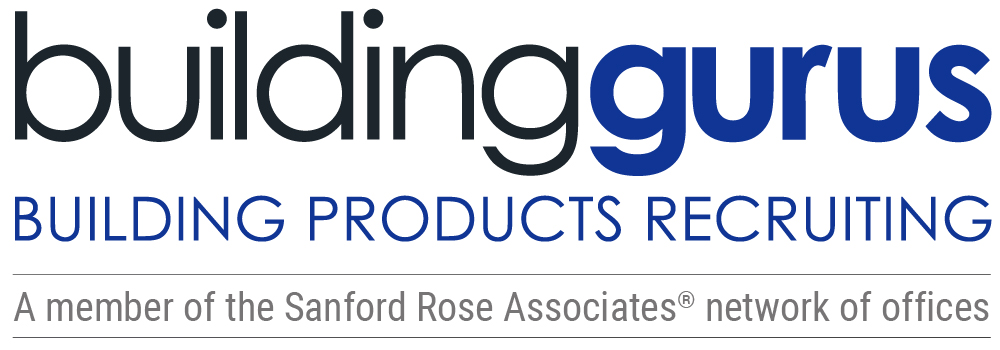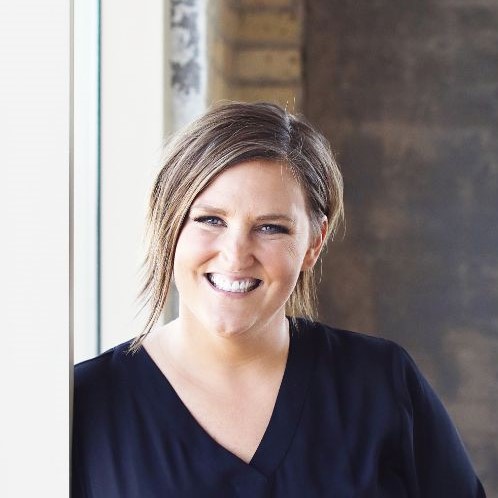I struggle with perfection and am picky about many things. When you own a business, you get to be that way. However, I can tell you for a fact that when I am reaching for perfection in one area it means something else is going by the wayside. Wanting the perfect webpage or the exactly right choice of wording or the absolute best picture causes issues – namely a bottleneck in my productivity.
Hiring is the same thing. It is great to have high standards, but not at the cost of leaving a position open too long. Open positions cost you in many ways and leaving one open too long while you try to find your purple squirrel is a bad plan.
I have had to re-think about my own perfectionist ways and realize that sometimes good enough is frankly good enough. I urge you to think along similar lines.
If I can't get the perfect candidate, how do I get one that is close to perfect?
The residential building products industry is no different than any other. You want to hire the best, give them great opportunities, have everyone mutually satisfied, etc. When you have a vacant position, you naturally want to hire the best fit. But, sometimes you can lose sight of that and search for the perfect person.
Do you see the difference? The perfect person might not be the best fit. On paper, I might look awesome and hit all of your requirements. But that doesn't necessarily mean in practice that I will be the best fit for the role. My background and experience might not mesh with what your team needs.
So, before you spend too much time searching for a unicorn, consider this: What if I can't have everything I want? How do I get pretty close?
Here are some tips for finding close to perfect:
Focus On Potential
Hiring a candidate with the right skills seems vital, but remember skills are learned. Look for the right talents – the natural proficiency a candidate is born with. For instance, I can teach you all the technical aspects of being a recruiter. But, I can't teach you how to be naturally inquisitive, be an innate communicator or be nearly unflappable. Those things are a part of who you are at your core.
Ask The Right Questions
Maybe I am perfect, but are you asking the right things to figure that out? Interviews are your chance to ask things that aren't written on a resume and to get to the core of who the candidate really is. Make sure you ask a mix of functional, behavioral and situational questions so you get a good feel for where a candidate has come from and where they are going in the future. Use pre-hire projects if you aren't sure they have the knowledge and skills to do the job.
Don't Judge By The Cover
When you look at a resume, it is easy to assume the candidate doesn't have what you need. But, is that true, or are they not great at describing it on a resume? Yes, you need to have your absolutely required items, but if they tick those boxes, don't dismiss them because some of their experience seems “off” or you don't like the school they went to. Basically, if they meet your basic requirements, you should be giving them a chance – at least for a first round phone interview.
And when you interview, use contrary evidence to make sure you aren't making a snap decision.
How Do They Fit
Fitting into your environment and getting along with co-workers, subordinates, and management is a pretty tall order. When you meet someone and feel they just belong and you have known them forever, does that count for as much as them having the exact product knowledge you want? Reasonably intelligent people can pick up extra knowledge but they can't be taught how to be nice.
Maybe have them sit in with your team for a bit or go on a sales call with someone whose opinion you trust. Finding out if they fit in with your culture and team is important.










